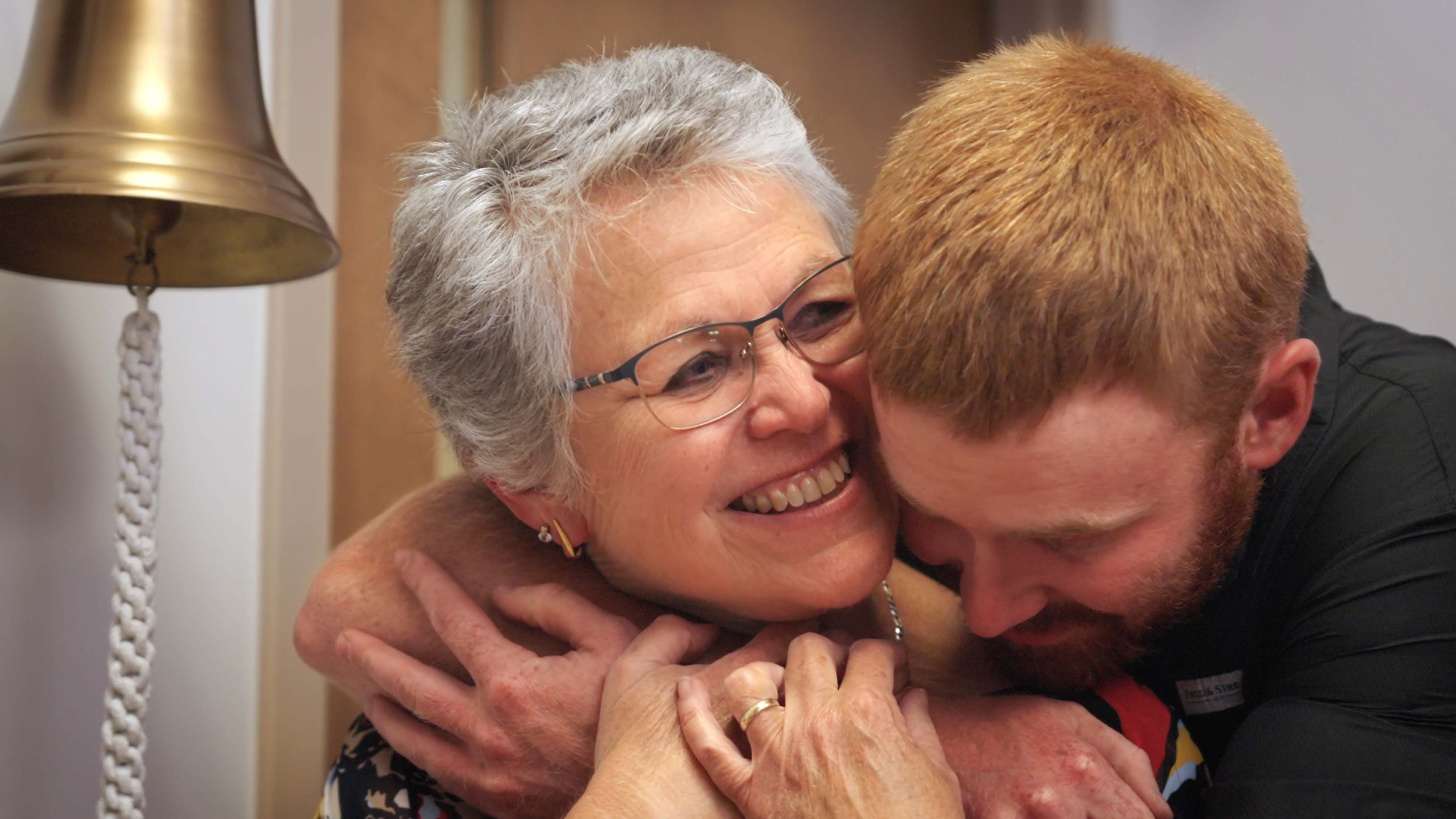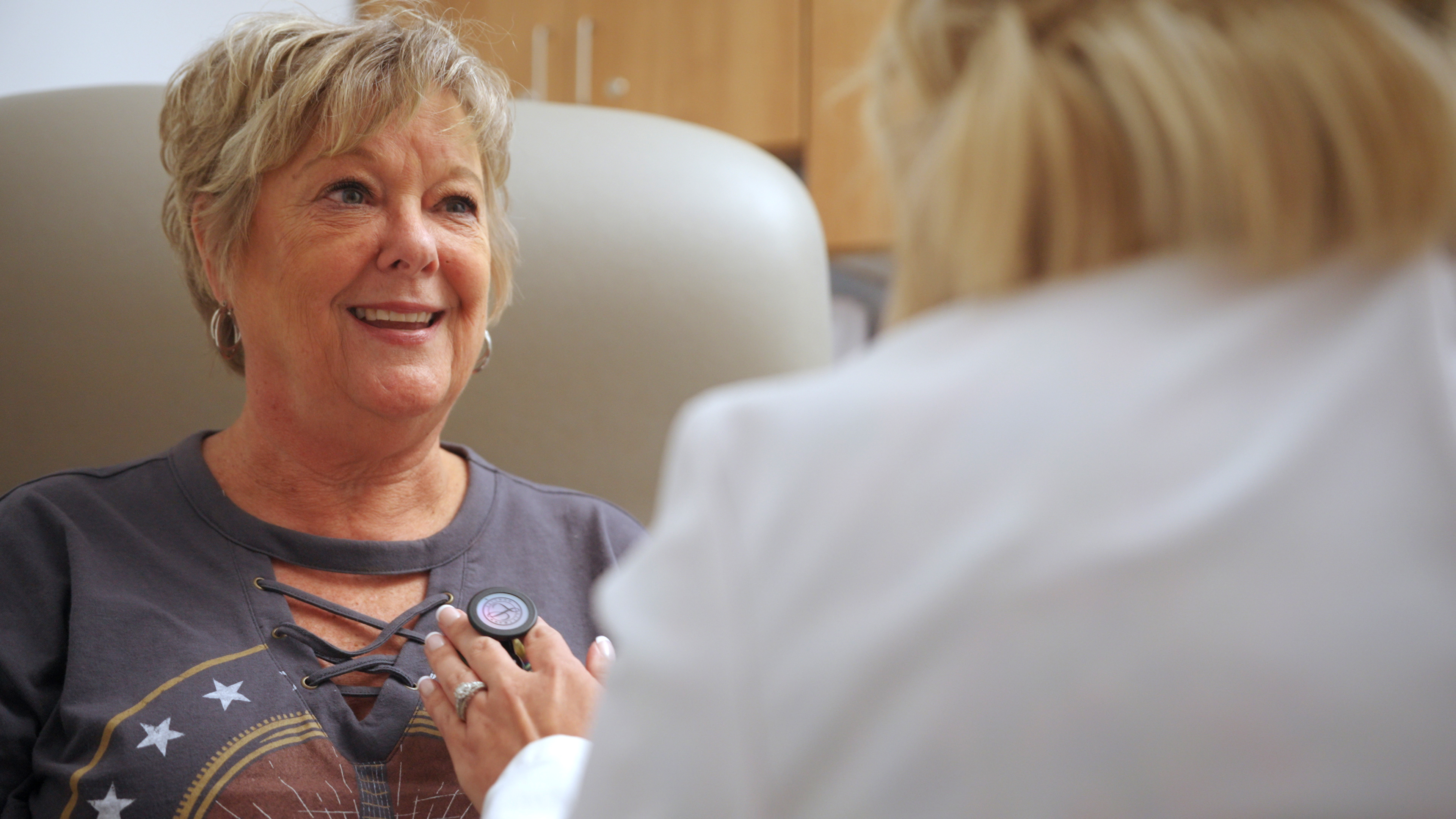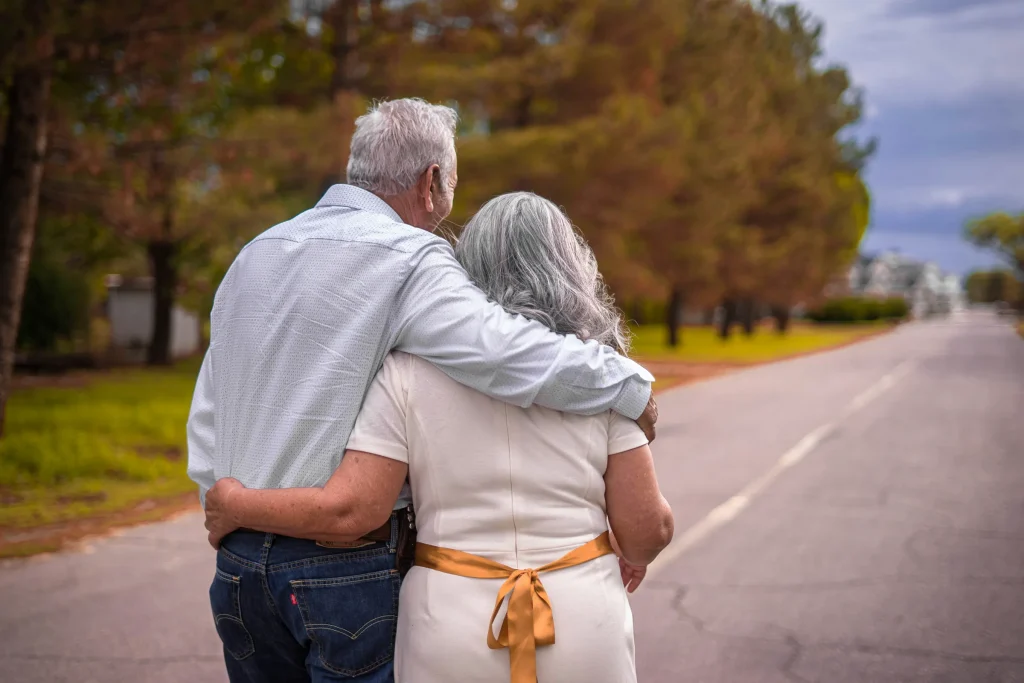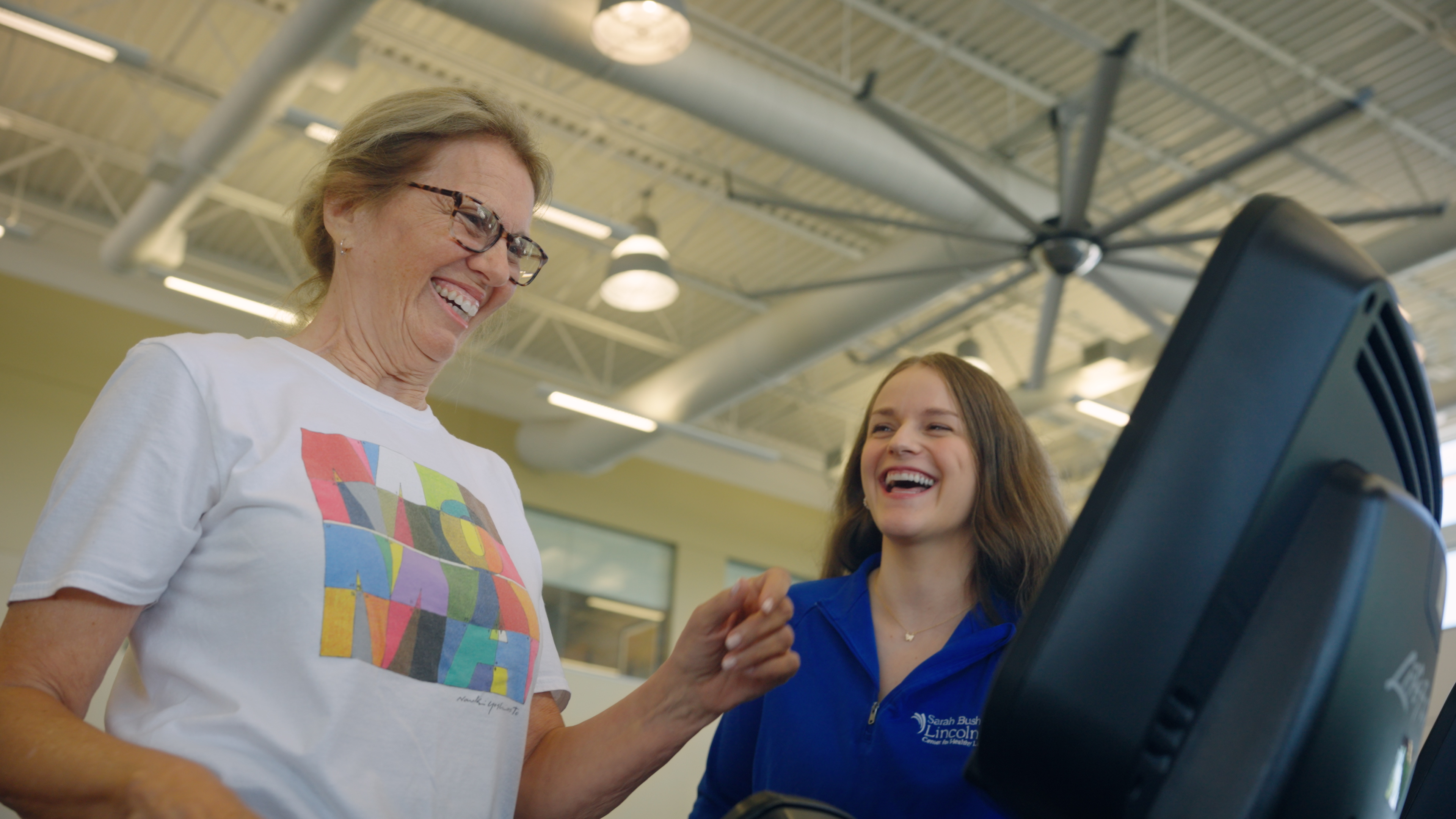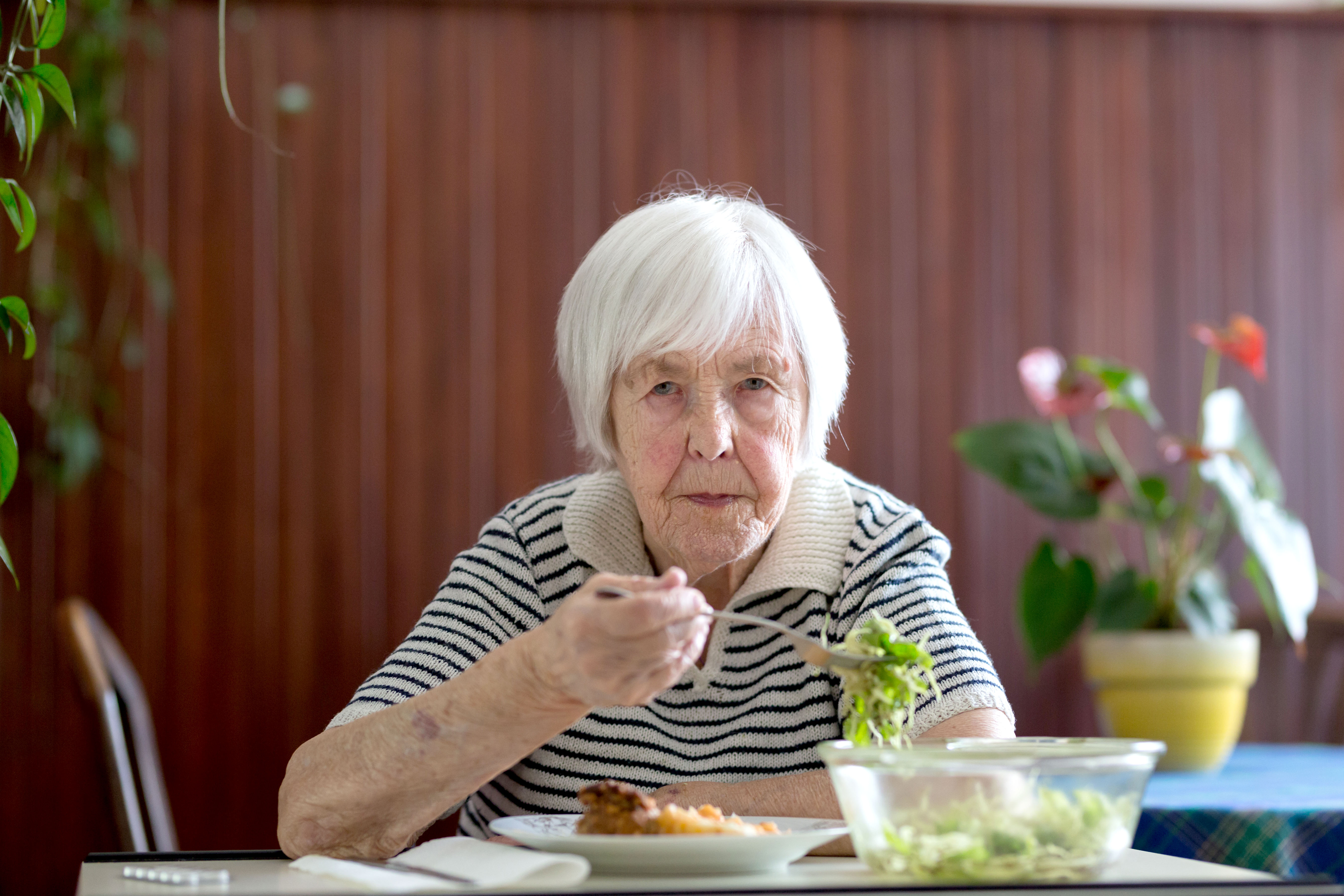Varicose Veins
Varicose veins can be unsightly, but beyond that, they can be painful too. They can also be a sign of a larger issue – chronic venous insufficiency. The good news is that this blood flow issue can be corrected painlessly through a short, minimally invasive procedure in the SBL Heart Center.
SBL Interventional Cardiologist Dean Katsamakis, DO, explained that through the use of endovenous laser therapy, or venous ablation, a small catheter with a laser is inserted near the knee. Guided by ultrasound, the endovenous laser therapy procedure is used to close the insufficient vein therefore rerouting circulation to normally functioning veins that return blood to the heart.
“This is about a 30-minute procedure that restores the blood flow and relieves leg pain,” he explained. “The leg is wrapped and people walk out on their own and are encouraged to stay active” He added that this procedure replaces an older procedure called ‘vein stripping’ in which the veins were pulled out of the leg, which was a painful procedure. Now the blood flow issue is treated with endovenous laser therapy and people quickly resume their normal lives.
However, venous ablation is not the first step. People with suspected chronic venous insufficiency are first examined in the Heart Center and screened for the disease. Conservative treatment methods that include wearing compression stockings, taking diuretics and increasing exercise helps push the blood back up the greater saphenous vein. This may resolve the issue.
What causes varicose veins?
Varicose veins are caused by increased blood pressure in the veins. They can occur in the veins near the surface of the skin.
The blood moves towards the heart by one-way valves in the veins. When the valves become weakened or damaged, blood can collect (pool) in the veins. This causes the veins to become enlarged. Sitting or standing for a long time can cause blood to pool in the leg veins. This increases the pressure in the veins. The veins can stretch from the increased pressure. This may weaken the walls of the veins and damage the valves.
Who is at risk for varicose veins?
You are at risk for varicose veins if you:
- Are overweight or obese
- Are older in age
- Have a family history of the condition
- Are a woman
- Are not physically active
- Have had a leg injury
- Are pregnant
- Smoke
- Use birth control pills (oral contraceptives) or hormone replacement
For more information about chronic venous insufficiency or venous ablation, please call the Heart Center at 217 238-4960.

